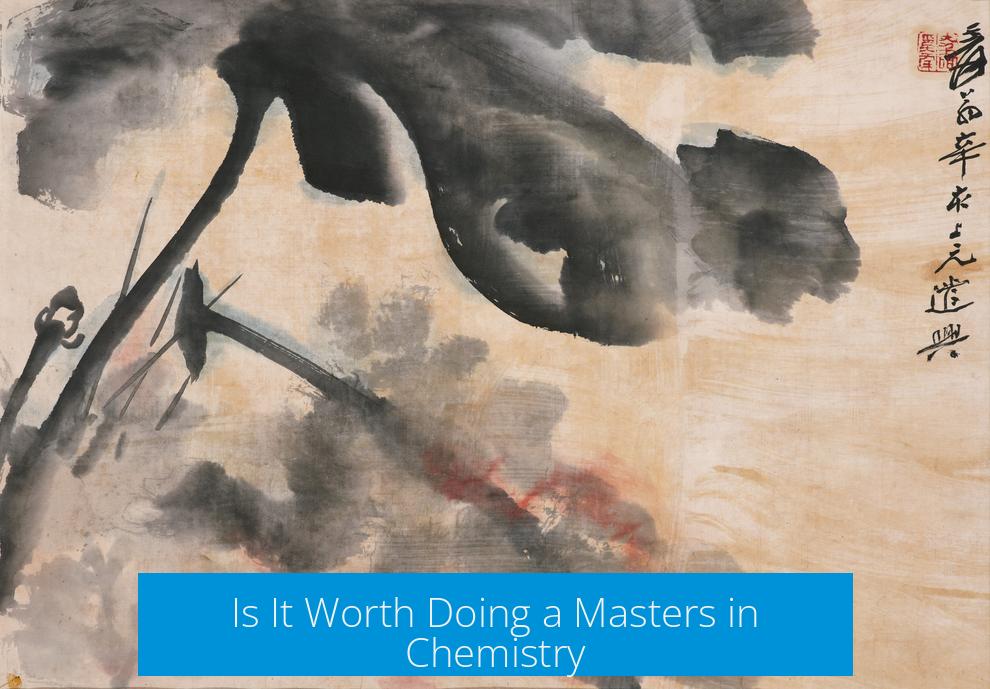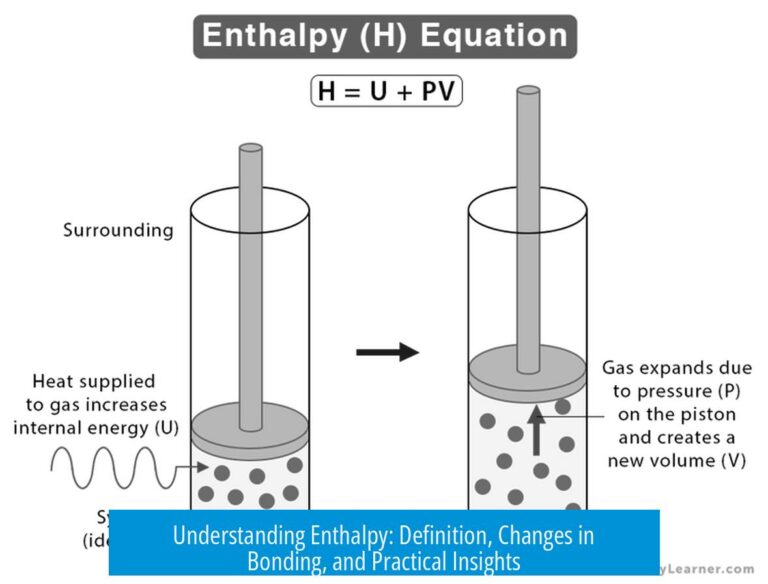Is It Worth Doing a Masters in Chemistry?

A Masters in Chemistry is generally worth pursuing if it aligns with career goals, offers financial or experiential benefits, and provides opportunities that a Bachelor’s degree alone cannot. It often counts as equivalent to two years of professional experience, opens more career options, and may lead to higher pay. However, it requires a clear plan and consideration of opportunity costs.
Masters Degree as Equivalent Work Experience
Many job postings treat a Masters degree in Chemistry as two years of work experience. This equivalence often helps candidates meet job requirements that demand practical experience. Employers recognize the advanced laboratory skills, research projects, and theoretical knowledge gained during the Masters. This may fast-track entry into professional roles and reduce the need for long onboarding.
Still, the value depends on how the candidate leverages their Master’s experience. Simply having the degree does not guarantee immediate job performance or intelligence. As highlighted by a supervisor’s advice, “never mistake experience for intelligence.” However, Masters graduates can often demonstrate expertise by recalling complex facts or troubleshooting problems effectively.
Financial Benefits and Career Advancement

- Graduates with a Masters typically command higher salaries than those with only a Bachelor’s degree, especially with prior industry experience.
- Having a Masters can be a negotiation tool for higher pay and better job offers.
- The degree often expands career paths, allowing entry into roles such as research chemist, formulation scientist, or analytical chemist without needing additional years of industry experience.
Individuals reporting a return to school with industry experience often note increased earning potential and access to more advanced positions after completing their Masters. The combined practical knowledge and advanced study enhance employability.
Importance of Having a Clear Goal Before Pursuing a Masters
Undertaking a Masters without a specific career objective can lead to confusion and lackluster outcomes. A well-defined plan ensures focused learning and maximized benefits.
Some students find the experience helps clarify future direction. Engaging in research exposes them to specializations and potential career tracks previously unknown. Without this clarity, prolonged study may become stressful without yielding meaningful professional progression.
Funding and Program Structure
Funding strategies affect the overall value of a Masters. Many universities offer funding for candidates who initially intend to pursue a PhD but decide to exit with a Masters degree after meeting certain requirements. This approach reduces, or eliminates, financial burdens and increases the degree’s appeal.
Masters programs provide about 33% more experience at a degree level than a Bachelor’s. Separate Masters programs tend to involve more project work and hands-on laboratory tasks. This contrasts with integrated programs like the UK’s MChem, which offer less stress but somewhat less intensive research experience.
Masters Compared with Bachelor’s and PhD Pathways
For those planning a PhD, the Masters adds valuable experience, but its relative importance diminishes since PhD admissions prioritize research aptitude and previous academic records. Having a Masters might secure a PhD position but is not always a decisive factor.
Degree types vary internationally. In the UK, MChem degrees serve as integrated Masters over four years, while in the US, a Master’s is distinct and follows a Bachelor’s. These differences impact how employers perceive the qualification and how it integrates into career paths.
Personal Considerations and Opportunity Cost
Before choosing to pursue a Masters, candidates should compare their potential outcomes:
- What kinds of jobs are accessible immediately after completing a Bachelor’s?
- How does a year in industry compare with a year studying towards a Masters?
- Which path aligns better with personal interests and lifestyle?
In some cases, gaining practical experience directly in industry may offer better immediate returns and help build interpersonal skills. Alternatively, if the Masters is funded or offers a clear route to enhanced employment opportunities, it may justify the time investment.
Many agree that if the Masters is fully paid or subsidized, it becomes a low-risk option to boost qualifications.
Summary of Key Points
- A Masters in Chemistry usually counts as two years of work experience and aids in meeting job criteria.
- The degree often leads to higher salaries and broadens career options.
- Undertaking a Masters requires clear goals to avoid wasted time and resources.
- Funding opportunities exist, especially when initially pursuing a PhD pathway.
- More project and lab experience gained than with a Bachelor’s, valuable for technical roles.
- The relative importance of a Masters depends on country, degree type, and career plan.
- Considering opportunity cost is vital: industry experience versus further study.
- A Masters is worth it if it is funded or clearly enhances career prospects.





Leave a Comment